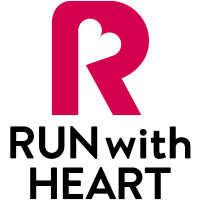【アフターケア事業】親や家族を頼れない若者に「ひとりじゃない」と思えるつながりを届けるために / [Aftercare Program] For young people without the support of parents or family, we build the connections that say: “You’re not alone”
2025.08.25 かものはしプロジェクト
【アフターケア事業】親や家族を頼れない若者に「ひとりじゃない」と思えるつながりを届けるために
今回は、かものはしが取り組んでいる事業の一つ、児童養護施設等を巣立った若者を支える活動(アフターケア事業)について、お届けします。
皆さんは18歳の頃、どんな日々を送っていましたか。進路に悩みながらも、困った時に頼れる家族や友人が身近にいた方が多いのではないでしょうか。
しかし今の日本には、18歳になると支援制度から離れ、一人で生活を始めなければならない若者たちがいます。その多くは、虐待や親との離別といった辛い経験を背負い、社会的養護(※)のもとで育った若者たちです。また、虐待などを経験しながらも保護されずに大人になった若者への支援が不足していることも、大きな課題となっています。
※社会的養護:親などの保護者のもとで育つことが困難なこどもたちを、児童養護施設や里親などの社会の仕組みで養育することです。制度上は18歳以降も「措置延長」により支援が続く場合がありますが、実際には多くの若者が18歳で施設を「退所」し、自立を求められているのが現状です。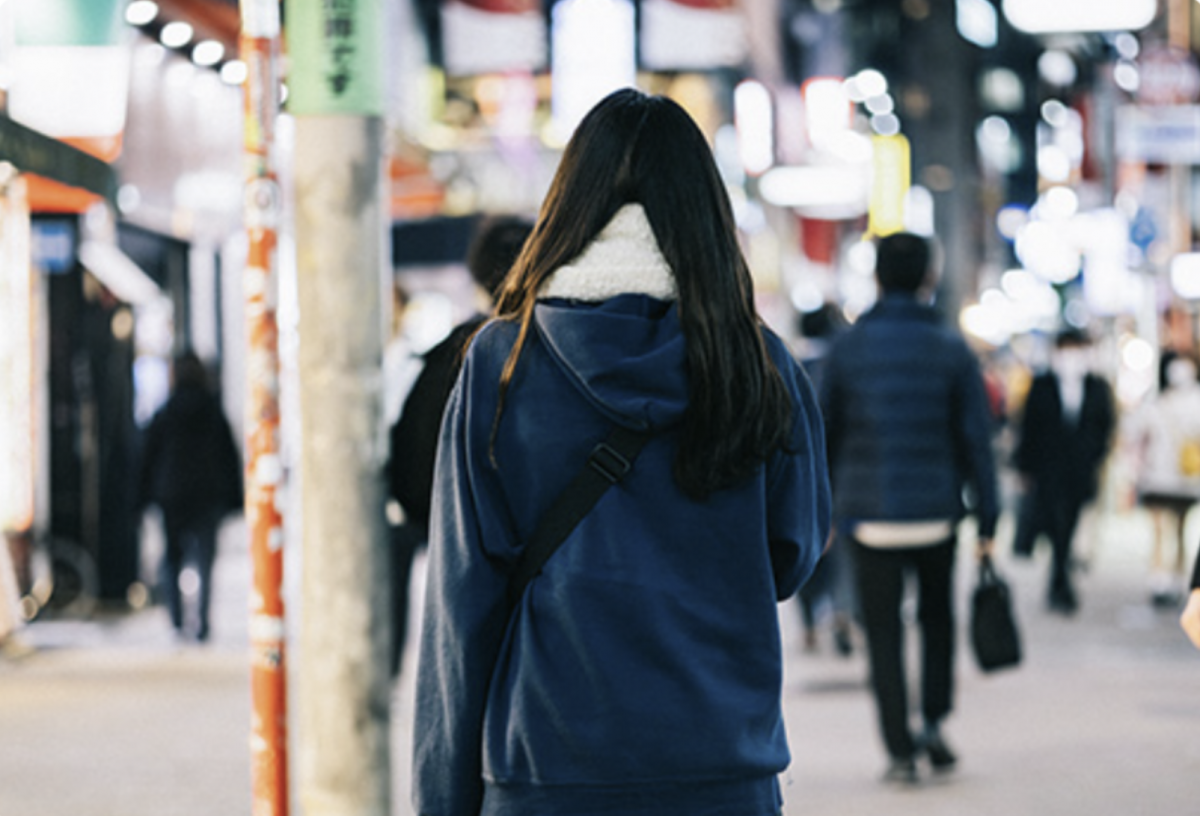
こうした若者たちを支える活動は「アフターケア(退所後支援)」と呼ばれ、病院に行くときに一緒についていくこと、家を探すときの下見や、申し込みの手伝い、雑談や食事を通じた居場所づくり、LINEでのこまめな連絡など「伴走型の支援」は多岐にわたります。
ただ、現在、児童養護施設等の数が1,105ヶ所に対して、アフターケア事業所の数が58ヶ所と少ないという課題があります。また、多くの支援団体は孤軍奮闘している状況であり、限られたスタッフで現場の負担が大きくなっています。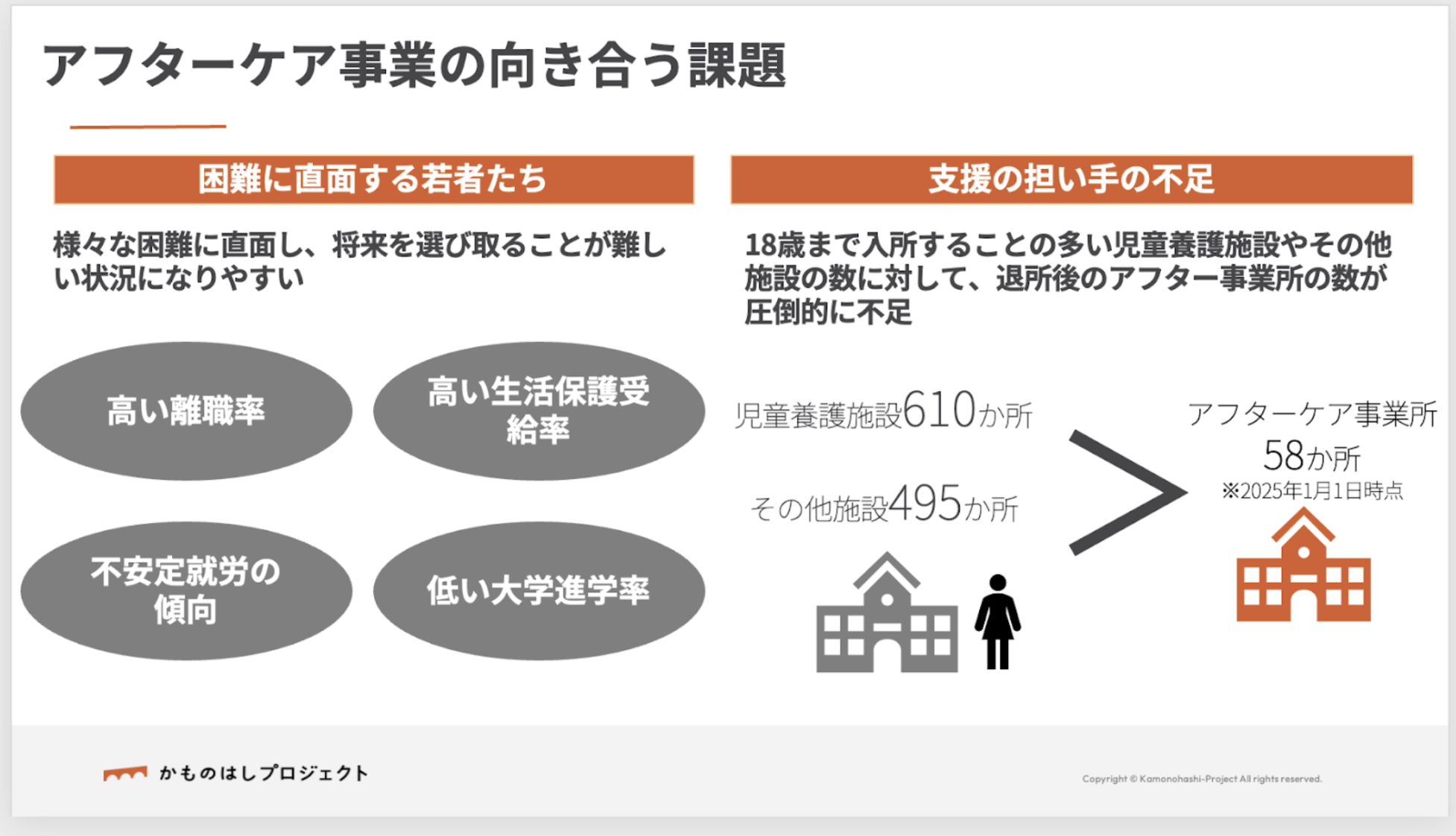
そこで、団体同士をつなぎ、情報共有や連携を促進するため生まれたのが全国ネットワーク「えんじゅ」です。2024年からは、かものはしプロジェクトがその事務局を担い、調査研究、研修、政策提言、広報などを行っています。
【アフターケア事業部スタッフ鳥居より】
わたしは、今年の春からアフターケア事業部を兼務することになり、昨年、沖縄の加盟団体が実施する「自立支援プログラム」に参加させていただきました。そこでは、まもなく施設や里親家庭を巣立つ18歳の若者たちが、家の借り方やテーブルマナーなど、生活に必要な知識を学んでいました。
印象的だったのは、「ひとりで生き抜く力」よりも、「困ったときに助けを求める力」を育てていたことです。施設職員であっても「戻っておいで」と簡単には言えない現実がありますが、それでも支援者や地域の大人たちとつながりを感じられることが、若者にとって大きな支えになるのだと感じました。
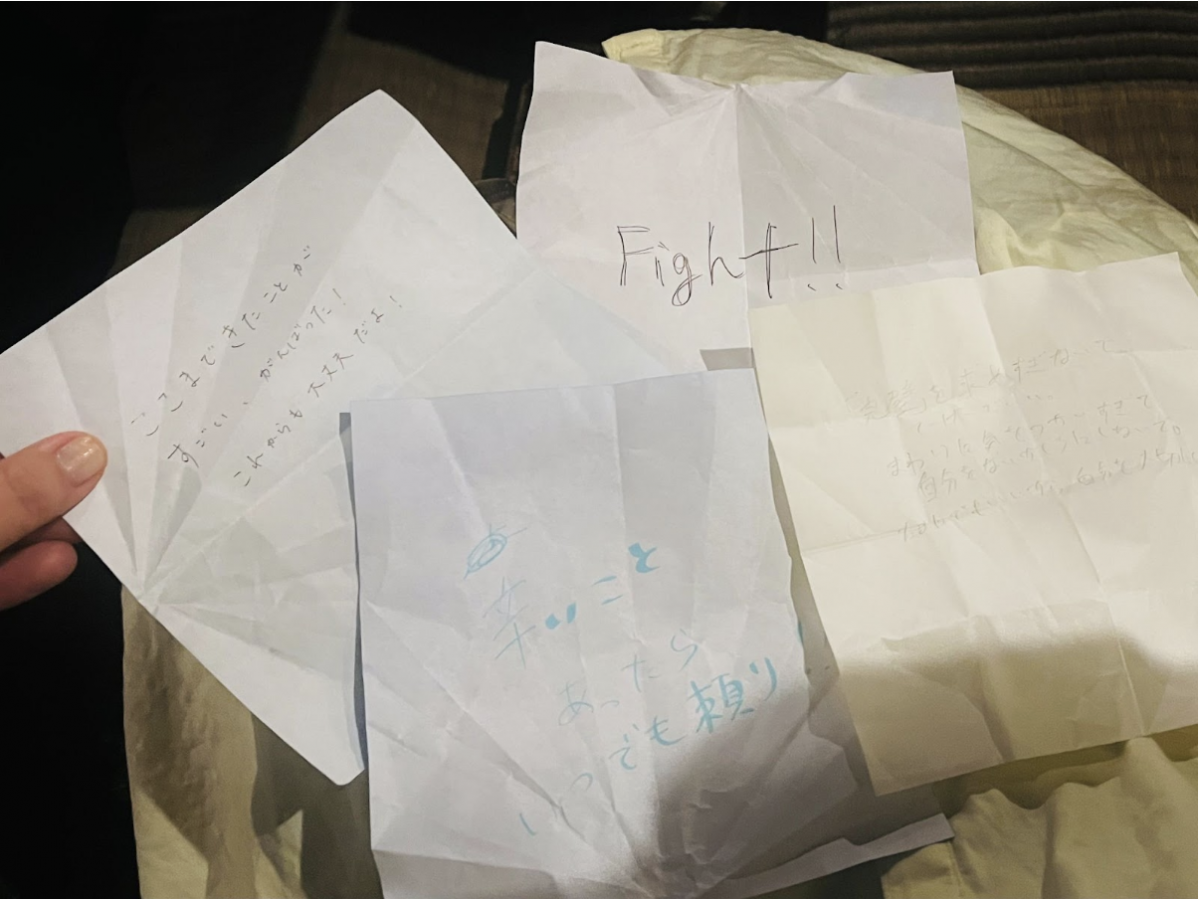
若者と話す中で、自分の18歳の頃を思い出しました。まだまだ頼りたかったし、ひとりで生きていくには心細い年齢だったと思います。だからこそ「頼ってもいい」と思えることが当たり前になる社会にしたい。 親や家族を頼れない若者に、「ひとりじゃない」と感じてもらえるように、私自身も、その社会をつくる一人でありたいと思っています。
*認定NPO法人かものはしプロジェクトは、東京マラソン2026チャリティの寄付先団体です。こどもが虐待で苦しむことがなく、また虐待を受けたこどもや若者が安心して人生を生きられる社会をつくりたい。そのために虐待を防ぐための事業と、虐待を受けたこどもや若者が社会とのつながりの中で必要なサポートを受けられるよう支援する事業を行っています。
[Aftercare Program] For young people without the support of parents or family, we build the connections that say: “You’re not alone”
We’d like to introduce one of the initiatives by Kamonohashi Project: the Aftercare Program, which supports young people who have left child welfare facilities.
Think of when you were 18. Many of you probably had family or friends nearby who could turn to when facing difficult decisions or challenges when stepping into adulthood.
However, in Japan today, children who turn 18 are required to leave child welfare facilities and the social care system to begin living on their own. Many of them face deep emotional challenges and loneliness from the past traumatic experiences from separation from their parents. Despite having no financial support, they are expected to earn a living and build their lives independently. The lack of support towards young people without the support of parents or family is now a big issue in japan.
Note: Social care refers to systems such as children's homes and foster care, where children who cannot be raised by their parents or guardians are cared for by society. Technically, support can continue past age 18 through a system called “extended care,” but in reality, many youths are expected to leave the facility and become independent at 18.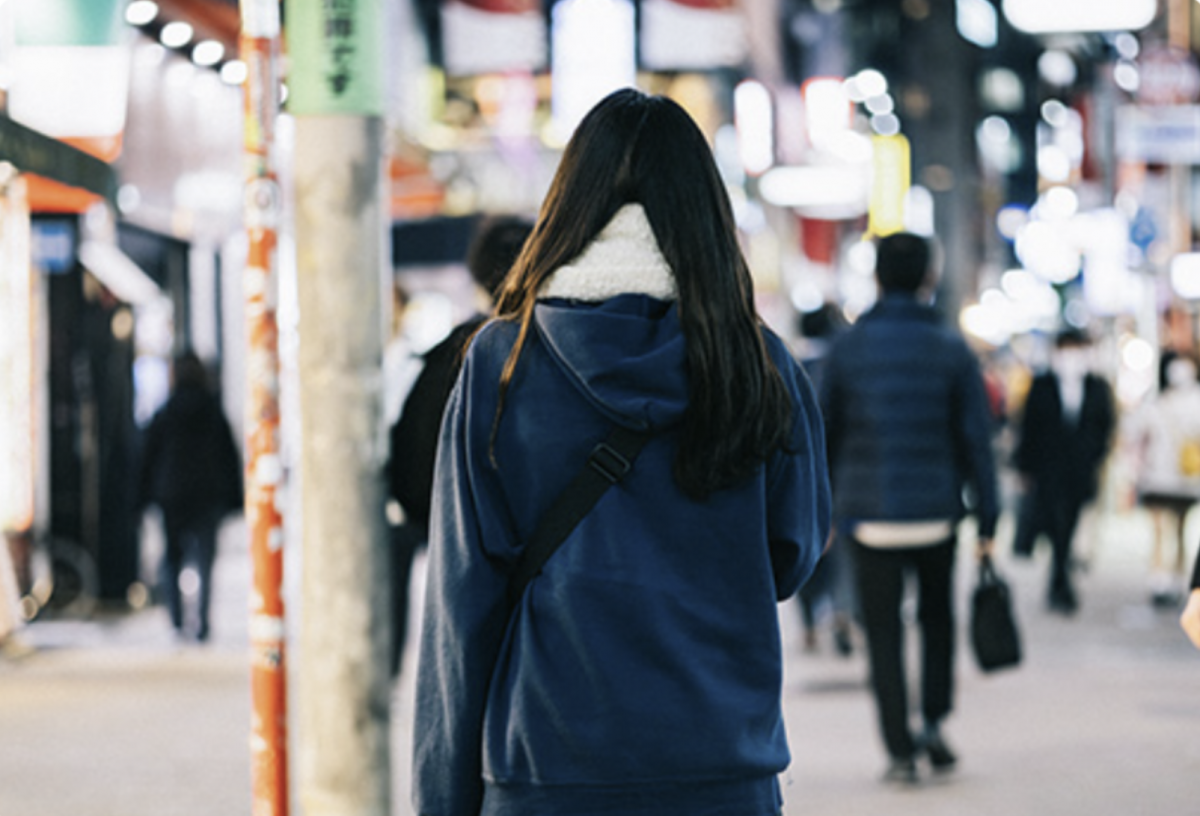
These young people are support by a programme known as “aftercare” (support after leaving care). This includes a range of accompaniment-based support, such as accompanying with them to the hospital, house searching, as well as emotinoal support through creating a sense of belonging via casual conversations and having meals together and staying in touch regularly via social media.
However, we are facing a challenge of having not enough aftercare support center to satisfy the 1,105 child welfare facilities across Japan. Thus, aftercare organizations are already struggling with the workloads to meet high demands, and with limited staff, the burden on aftercare organizations are becoming increasingly heavy.
One solution to this problem was the creation of a national network called “Enju,” which connects aftercare organizations across Japan to facilitate information sharing and collaboration. Since 2024, the Kamonohashi Project has also joined this initiative.
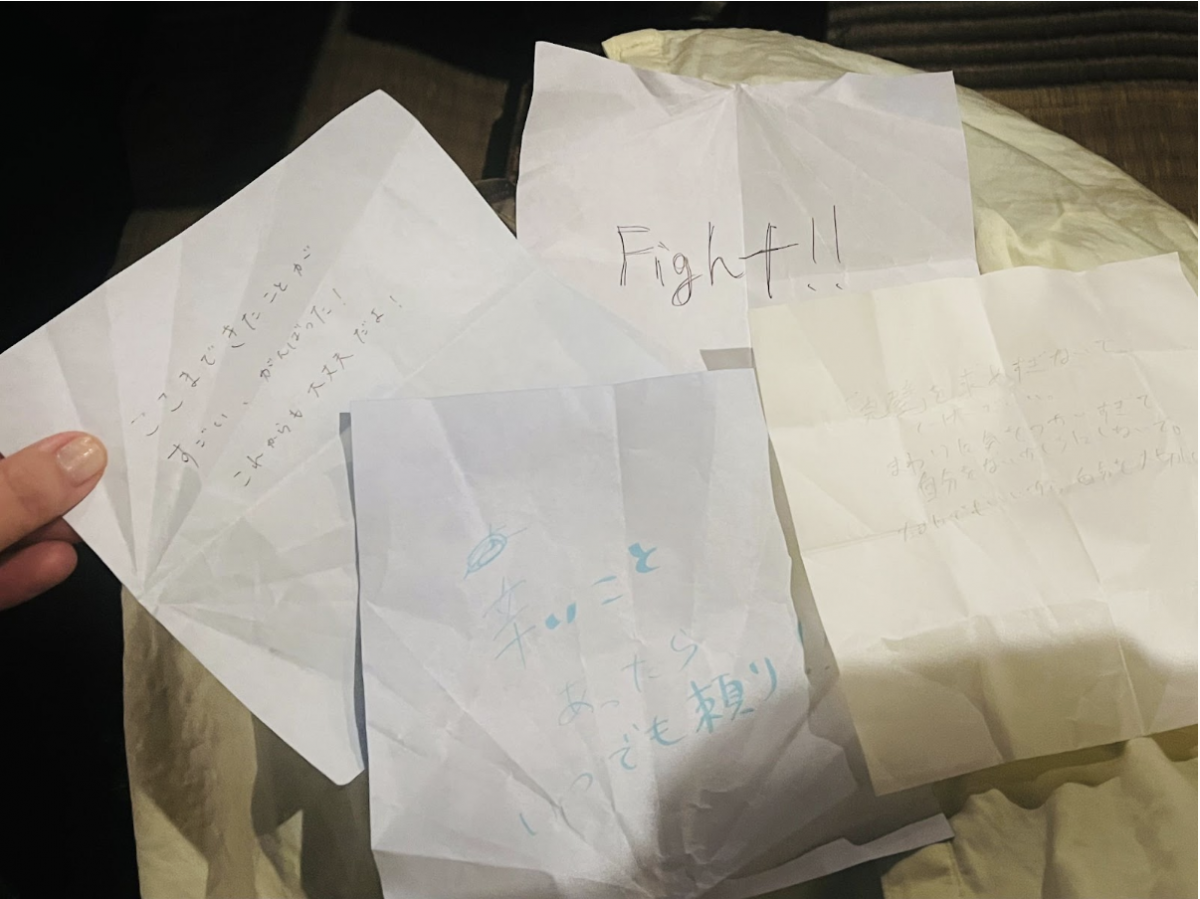
"Message from Torii, Staff Member of the Kamonohashi Project's Aftercare Program"
I realised that this program instead of developing the “strength to live alone,” they emphasize on nurturing the ability to seek help when needed. In reality, child welfare facilities can’t always welcome them back like a home would. However, simply having connections with supportive adults and community members can become a powerful and reliable source of support and help when living independently.
This experience reminded me of when I was 18. I still wanted someone to rely on, and living on my own felt lonely and uncertain. That’s why I strongly wish to help create a society where it’s acceptable for young people to seek help anytime and anywhere. I hope to be one of the people contributing to a society where children without the support of parents or family don’t feel alone and always have a place where they feel welcome.
* NPO Kamonohashi Project is a donation recipient organization for the Tokyo Marathon 2026 Charity.In Japan, the number of child abuse cases that have been handled continues to increase every year. We aim to build a society where no child experiences abuse and where young people who have suffered from it can live with a sense of safety and security.
